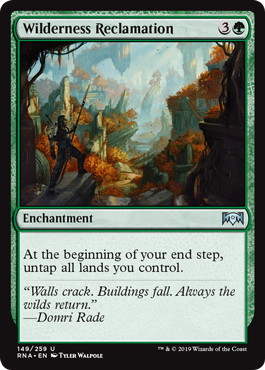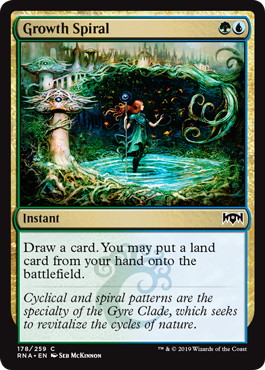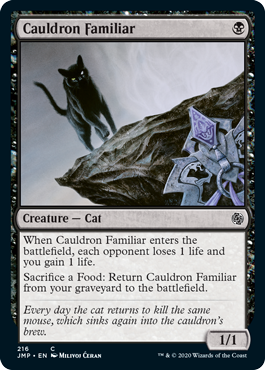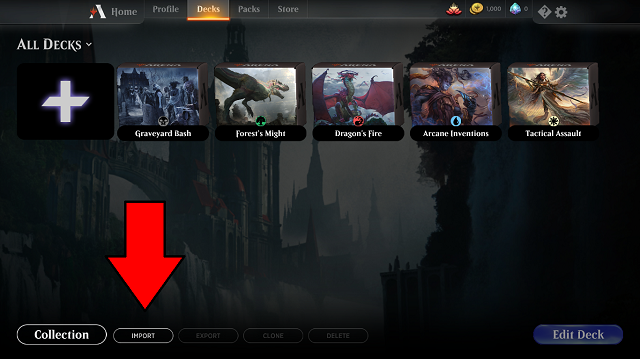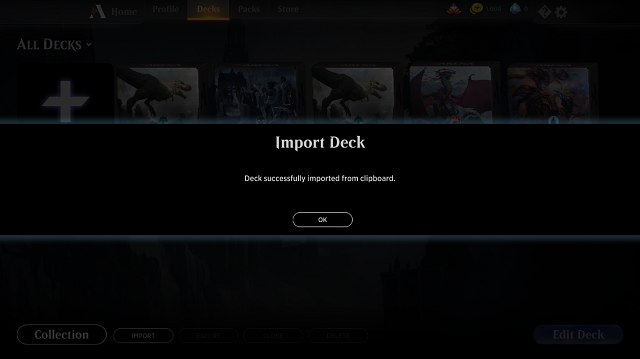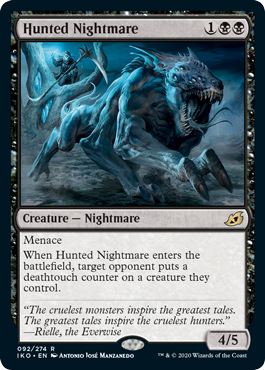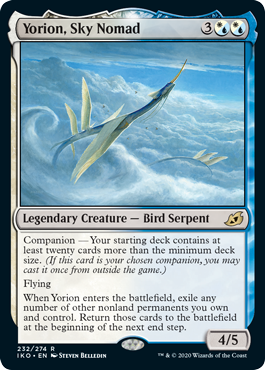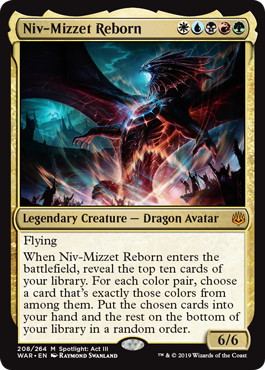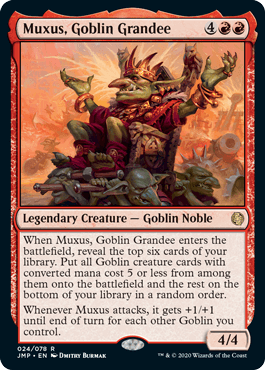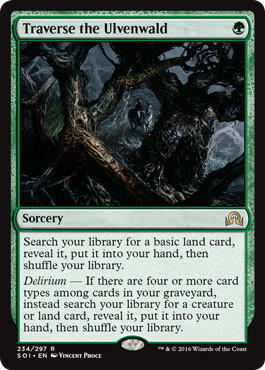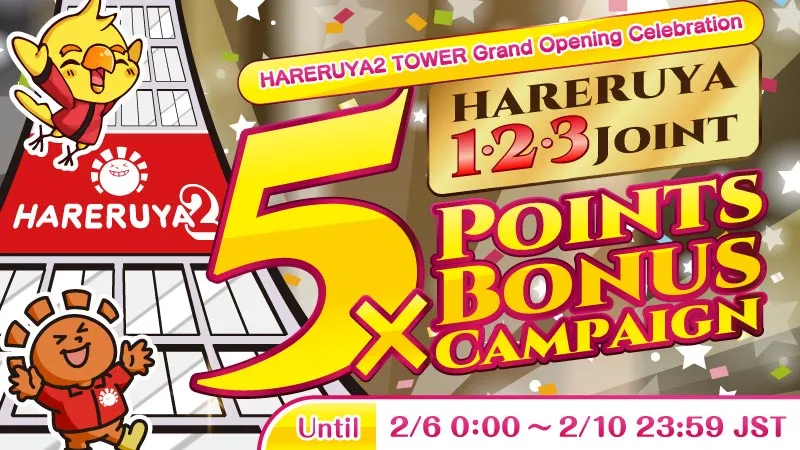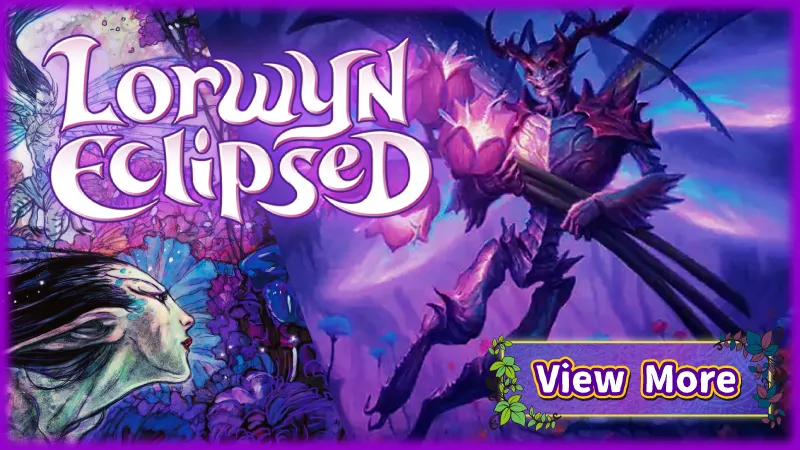Introduction
Hola!
This week something really unexpected happened: Wizards announced a HUGE change on their list of banned and restricted cards.
I did not see that one coming, and I bet most players didn’t, mostly because rotation is relatively close anyway.
I won’t dive too much into my opinion on the bans themselves – I think they are mostly good – but I will talk about where to go going forward on the different formats.
Standard
《Wilderness Reclamation》 is banned.
《Growth Spiral》 is banned.
《Teferi, Time Raveler》 is banned.
《Cauldron Familiar》 is banned.
Wow! That’s a lot of bans.
The bigger one is certainly the 《Wilderness Reclamation》/《Growth Spiral》 tandem, since it has really dominated Standard during the last weeks, even reaching a 55% of metagame share in the last Players Tours Finals event. The other two bans are somehow related to them, particularly 《Cauldron Familiar》, since Reclamation decks are the natural predator for the food strategies who could have been just too hard to beat.
I also found 《the cat》 very annoying to play with or against online, so I’m certainly happy to see the whole 《Cat》/《Oven》 engine gone.
Bye Bye Cat!
It is a common approach in a situation like this to assume the best untouched decks by the bans are going to be the best ones going forward. That is usually how things work, and it actually happened after the last bans with the Temur Reclamation Deck. However, it might work differently now, because the metagame was already too warped by Temur Reclamation.
Let’s take a look at Riku Kumagai’s decklist from the Players Tour Finals:
- Riku Kumagai
- – Mono Black Aggro
- Players Tour Finals
- (Finalist)
4 《Castle Locthwain》
2 《Mobilized District》
-Land (25)- 4 《Gutterbones》
4 《Knight of the Ebon Legion》
4 《Kitesail Freebooter》
2 《Blacklance Paragon》
2 《Tymaret, Chosen from Death》
4 《Hunted Nightmare》
1 《Murderous Rider》
4 《Spawn of Mayhem》
3 《Rankle, Master of Pranks》
-Creature (28)-
3 《Agonizing Remorse》
3 《Grasp of Darkness》
3 《Noxious Grasp》
1 《Murderous Rider》
1 《Kaervek, the Spiteful》
-Sideboard (15)-
《Duress》 maindeck and a selection of creatures that is targeted to avoid Reclamation’s removal suite. A card like 《Hunted Nightmare》 was certainly great for the Players Tour Finals metagame, but I don’t think it is necessarily a good idea to play a deck that was built with a whole different enemy in mind, even if its not affected by the bans.
What I would do is try to see which decks are untouched by the bans, at least relatively speaking, but were very bad against the whole 《Wilderness Reclamation》 Engine or even against the Cat/Oven combo.
One deck clearly comes to my mind: Temur Adventures, who used to be a solid archetype until Temur Reclamation became the king of the format. Temur Adventures is supposed to be good against grindy decks but its worse matchup was Reclamation.
- Javier Dominguez
- – Temur Adventure
- Test Deck
- (Standard)
4 《Island》
2 《Mountain》
3 《Ketria Triome》
4 《Breeding Pool》
4 《Stomping Ground》
3 《Steam Vents》
1 《Temple of Mystery》
-Land (27)- 4 《Edgewall Innkeeper》
4 《Fae of Wishes》
4 《Bonecrusher Giant》
4 《Brazen Borrower》
4 《Lovestruck Beast》
4 《Beanstalk Giant》
-Creature (24)-
2 《Escape to the Wilds》
4 《Lucky Clover》
1 《Nissa, Who Shakes the World》
-Spell (9)-
1 《Mystic Repeal》
1 《Disdainful Stroke》
1 《Domri’s Ambush》
1 《Fling》
1 《Negate》
1 《Pulse of Murasa》
1 《Mass Manipulation》
1 《Storm’s Wrath》
1 《Escape to the Wilds》
1 《Discontinuity》
1 《Planewide Celebration》
1 《Grafdigger’s Cage》
1 《Shadowspear》
1 《Ugin, the Spirit Dragon》
-Sideboard (15)-
Past that, there are other archetypes that have a lot of potential once Reclamation isn’t around. There are certainly powerful cards like 《Winota, Joiner of Forces》 or 《Embercleave》, but it might be a better idea to explore those decks that can prey on the aggressive decks but didn’t have a good Reclamation matchup.
I’m thinking of Ben Stark’s Orzhov Yorion deck from Players Tour Online some weeks ago. It is a deck that can be built to easily prey on aggro archetypes, and it doesn’t need to play underwhelming cards like 《Mortify》 anymore. Here is where I would start:
- Javier Dominguez
- – Orzhov Yorion
- Test Deck
- (Standard)
6 《Plains》
4 《Fabled Passage》
2 《Savai Triome》
1 《Indatha Triome》
4 《Godless Shrine》
4 《Temple of Silence》
3 《Castle Locthwain》
2 《Castle Ardenvale》
-Land (35)- 4 《Burglar Rat》
4 《Charming Prince》
4 《Yarok’s Fenlurker》
3 《Yorion, Sky Nomad》
-Creature (15)-
3 《Kaya’s Wrath》
4 《Oath of Kaya》
4 《Treacherous Blessing》
4 《Doom Foretold》
3 《Elspeth Conquers Death》
3 《Glass Casket》
3 《Kaya, Orzhov Usurper》
2 《Elspeth, Sun’s Nemesis》
-Spell (30)-
4 《Duress》
2 《Despark》
2 《Noxious Grasp》
1 《Kaya’s Wrath》
1 《Glass Casket》
1 《Yorion, Sky Nomad》
-Sideboard (15)-
Pioneer
《Inverter of Truth》 is banned.
《Kethis, the Hidden Hand》 is banned.
《Walking Ballista》 is banned.
《Underworld Breach》 is banned.
The message is clear; they don’t want Pioneer to be dominated by combo.
Similarly to what will happen in Standard, the Pioneer landscape is simply going to be a whole different metagame. Decks that were already decent against combo decks like Monoblack will likely be worse. I think a very safe choice for the first days is simply Sultai Delirium, as it has the tools to fight everything since it is very flexible.
I would likely start with Jaberwocki’s Delirium, since, well, you can’t really go wrong if you play with a Jaberwocki deck!
- Javier Dominguez
- – Sultai Delirium
- Test Deck
- (Pioneer)
2 《Forest》
1 《Swamp》
3 《Fabled Passage》
2 《Zagoth Triome》
2 《Breeding Pool》
2 《Overgrown Tomb》
2 《Watery Grave》
4 《Blooming Marsh》
1 《Drowned Catacomb》
1 《Hinterland Harbor》
1 《Woodland Cemetery》
1 《Ipnu Rivulet》
-Land (24)- 4 《Satyr Wayfinder》
3 《Jace, Vryn’s Prodigy》
1 《Scavenging Ooze》
4 《Uro, Titan of Nature’s Wrath》
2 《Murderous Rider》
1 《Tireless Tracker》
1 《Atris, Oracle of Half-Truths》
-Creature (16)-
4 《Thoughtseize》
4 《Traverse the Ulvenwald》
3 《Eliminate》
2 《Eat to Extinction》
3 《Shark Typhoon》
-Spell (20)-
3 《Damping Sphere》
2 《Disfigure》
1 《Emrakul, the Promised End》
1 《Duress》
1 《Abrupt Decay》
1 《Negate》
1 《Unravel the Aether》
1 《Liliana, the Last Hope》
-Sideboard (15)-
Other than that, I would really keep an eye on the 《Niv-Mizzet Reborn》 decks. It was already a strong contender and it is also likely the biggest predator left for the grindy decks while it can benefit of cards like 《Oath of Nissa》 that are legal again. The big issue with this archetype right now is that it might take some time to be built in a way that’s adapted to the new Pioneer, but I would not be surprised if it rapidly becomes the best deck in the format.
- Javier Dominguez
- – Niv to Light
- Test Deck
- (Pioneer)
1 《Island》
1 《Swamp》
1 《Mountain》
1 《Forest》
4 《Fabled Passage》
2 《Zagoth Triome》
1 《Indatha Triome》
1 《Ketria Triome》
1 《Savai Triome》
2 《Steam Vents》
2 《Temple Garden》
1 《Breeding Pool》
1 《Overgrown Tomb》
1 《Stomping Ground》
1 《Watery Grave》
2 《Glacial Fortress》
1 《Rootbound Crag》
1 《Woodland Cemetery》
1 《Mana Confluence》
-Land (27)- 4 《Sylvan Caryatid》
3 《Voice of Resurgence》
3 《Uro, Titan of Nature’s Wrath》
4 《Niv-Mizzet Reborn》
-Creature (14)-
2 《Abrupt Decay》
1 《Unmoored Ego》
1 《Utter End》
4 《Bring to Light》
1 《Enter the God-Eternals》
1 《Hour of Devastation》
4 《Teferi, Time Raveler》
2 《Nahiri, the Harbinger》
-Spell (19)-
3 《Thoughtseize》
2 《Damping Sphere》
1 《Voice of Resurgence》
1 《Izzet Staticaster》
1 《Questing Beast》
1 《The Scarab God》
1 《Rakdos’s Return》
1 《Casualties of War》
1 《Tamiyo, Collector of Tales》
-Sideboard (15)-
Historic
《Wilderness Reclamation》 is suspended.
《Teferi, Time Raveler》 is suspended.
Historic is a format that I’ve been personally enjoying a lot lately, and while 《Wilderness Reclamation》 was a clear suspend, I’m actually surprised that they suspended 《Teferi, Time Raveler》, since it wasn’t a very important card for the metagame.
Things will also change in Historic, but not as much as in the other formats. Temur Reclamation had became the best deck in the format, but it was the best deck in a different way than in Standard, where the power level of the archetype was simply miles ahead of everything else. In my opinion, Temur Reclamation wasn’t even the most powerful deck of Historic, since I do think Goblins are actually stronger.
Freshly released on Jumpstart, 《Muxus, Goblin Grandee》 instantly made Goblins a solid Tier 1 in Historic and in contention for the best deck, providing card advantadge and a 1-card combo kill that can be played even on turn 3!
The tricky part here is that Reclamation had good matchup against Goblins without having to do anything extreme past adding a few 《Magmaquake》 to their decks. When there is two archetypes fighting for a spot on the top of the metagame, one being naturally good against the other one is often deciding, and I think that is what happened in Historic.
This means the Goblins now are likely the best thing to do in the format… until Historic adapts to them!
- Javier Dominguez
- – Goblins
- Test Deck
- (Historic)
4 《Castle Embereth》
1 《Phyrexian Tower》
-Land (24)- 4 《Skirk Prospector》
4 《Conspicuous Snoop》
4 《Goblin Instigator》
4 《Wily Goblin》
4 《Goblin Chieftain》
4 《Goblin Matron》
4 《Goblin Warchief》
4 《Krenko, Mob Boss》
4 《Muxus, Goblin Grandee》
-Creature (36)-
4 《Tormod’s Crypt》
3 《Goblin Chainwhirler》
3 《Goblin Ringleader》
1 《Goblin Trashmaster》
-Sideboard (15)-
Conclusion
Exploring new formats is one of the most enjoyable moments in Magic, and bans like this one provide a new opportunity to do so.
Enjoy the deckbuilding process and see you at the tables!



